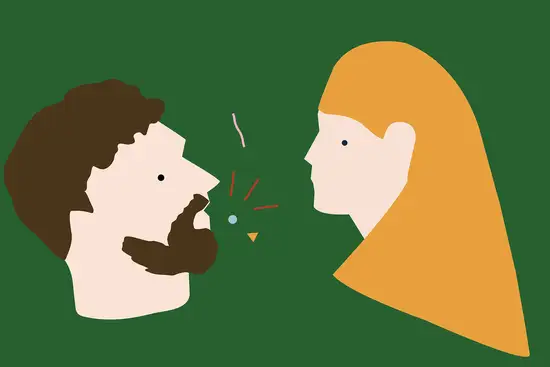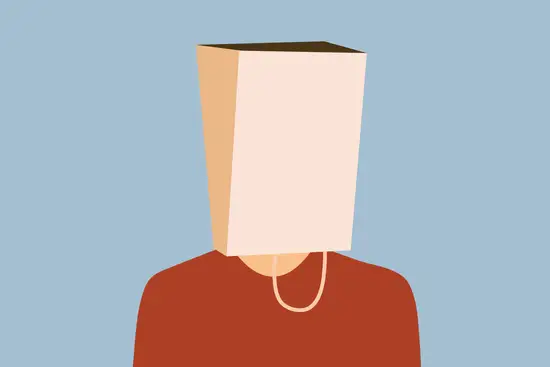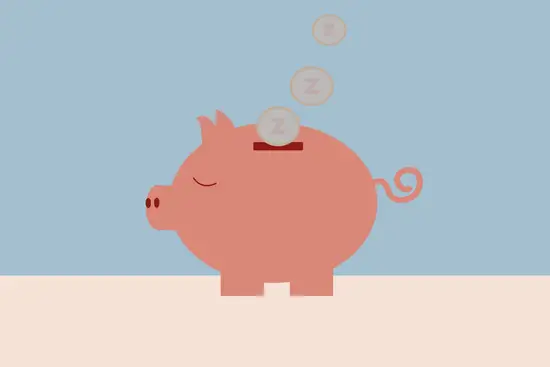Ever got to the office and headed straight to the coffee machine? Do you find yourself worrying about work in bed?
For Mental Health Awareness Week we took a look at how the modern workplace could be leading us to more sleepless nights, and what can be done about it.
Too much screen-time
These days in most offices and modern workplaces, screens rule. We are all connected to our laptops, phones and tablets on a daily basis. The problem is these devices are playing havoc with our sleep.
Most screens such as laptops, phone and tablets emit blue light, which scientists have found interrupts the production of melatonin, the hormone that regulates your sleep-wake rhythm. This means that spending too much time staring at a screen close to bedtime can seriously dampen your brain’s ability to switch off at night.
We recommend you wind down an hour before bed without screens, and if you really need to sneak a look, download a blue light filter for your devices to block it out before bedtime.
Still expecting everyone to be an early riser
Despite the introduction of 24/7 communication, many workplaces still abide by strict start and end times. Allowing people to have flexible start times gives them the chance to start work at a time that suits their sleep cycle.
Many people don’t realise that we all have our own individual sleep cycle. You may have heard of early birds and night owls. Everyone sleeps differently, some prefer earlier starts and other later starts. Unfortunately, over the years there has been a belief that early birds are more productive, whereas night owls are lazier.
This simply isn’t true, in fact only around 20% of the population would classify as an early bird, whereas the rest prefer waking and sleeping a little later. Forcing people who are night owls to wake early means they will miss vital hours of sleep, in particular REM sleep, which is the most restorative.
We only get into REM sleep in the second half of the night, this is the part that helps us regulate our emotions. This means people who are forced to wake too early will tired and grumpy.
Giving them the option to come in later, means not only will they get more sleep but they will be more productive in the day.
The always-on culture
Ever got an email from your boss at midnight or received a call just before you pass out in bed? These days work doesn’t always finish when we walk out of the office. Not having enough time to switch off before bed can leave people feeling stressed and often unable to sleep due to racing thoughts about that project that is due next week.
In fact a recent study from SimplyHealth and CIPD Health found that 87% people thought the inability to switch off out of work hours was the most negative element of technology in the workplace.
By muting your notifications after a certain time or, if you’re feeling brave, talking to your manager about saving those late night messages for the morning, you might find it easier to drift off at night. A recent study also found that people who do an activity after work, were less stressed than people who didn’t.
So if you really find it hard to take your mind off work why not try volunteering, joining a club or taking up exercise.
Unrealistic time pressures
Workplace demands have increased in modern time, whereas before there would be whole departments taking on tasks, modern technology has meant that people are taking on more and more responsibilities.
A study by RAND on sleep and the workplace found that people reporting unrealistic time pressures and stress at the workplace sleep less than those reporting low levels of time pressure.
Stress caused by overworking can lead to sleep problems, which in turn can make you even more stressed about work. Lack of sleep puts your brain into overdrive, and even small stressors can be amplified.
It causes irritability and you will be more likely to make mistakes. If you are feeling overworked, try talking with your manager and explain the problem. Too much work can lead to illness, and an increase in sick days.
There is a chance they are unaware that you are taking on too much, and there might be a way to lessen the load.
Working while rundown or sick
Around 9/10 people have witnessed presentee-ism, working while sick or working more hours than needed, in the workplace, and there has been a recent increase in leave-ism, working while on annual leave.
Not giving your body and mind time to recover can make you fatigued. Many people mistake fatigue with sleepiness, so will find themselves going to bed early because they feel exhausted but then find they can’t sleep.
This can become a vicious cycle, where they begin to associate bed with lack of sleep and they can even develop insomnia.
It is important to take time to wind down before bed. Set a wind-down alarm, so you know when its time to turn off the screens, and try reading or doing something like colouring in. When you feel sleepy, then try going to bed.
Lack of sleep has been linked to presentee-ism, and RAND found the UK businesses lose around £30bn a year due to sleep problems. If employees get a good amount of sleep every night they will be less likely to overwork and be more productive in the day.


